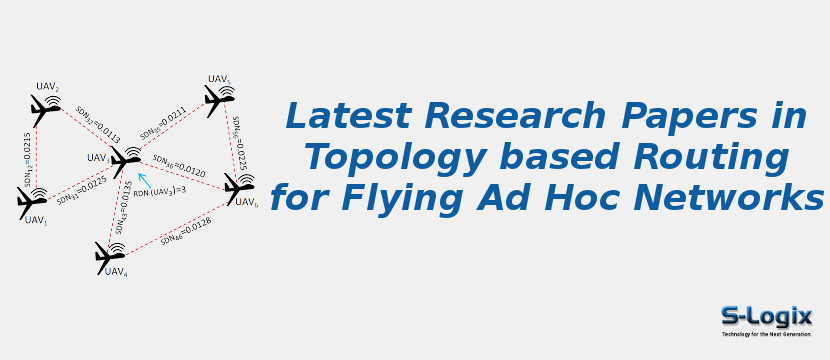Research in topology-based routing for Flying Ad Hoc Networks (FANETs) focuses on designing adaptive and efficient routing protocols that can cope with the high mobility, frequent topology changes, and three-dimensional movement patterns of UAVs. Recent studies emphasize position-based and link stability–aware routing mechanisms that utilize dynamic topology information to maintain reliable communication links. Machine learning and predictive mobility models are increasingly applied to forecast topology variations and optimize route selection. Cluster-based and hybrid topology-aware routing schemes are also explored to reduce control overhead and enhance scalability. These advancements enable stable, low-latency, and energy-efficient data transmission in rapidly changing FANET environments, supporting critical applications such as real-time surveillance and disaster response.
